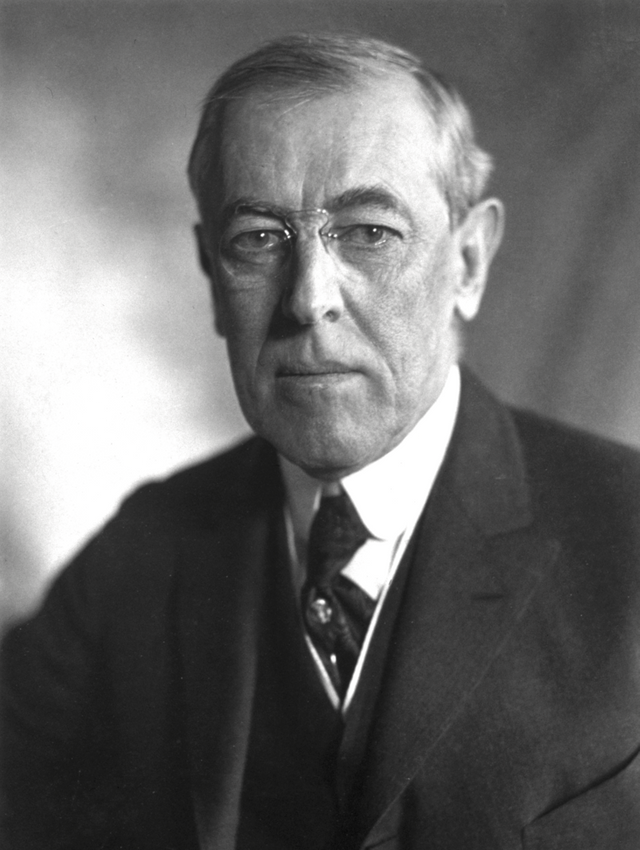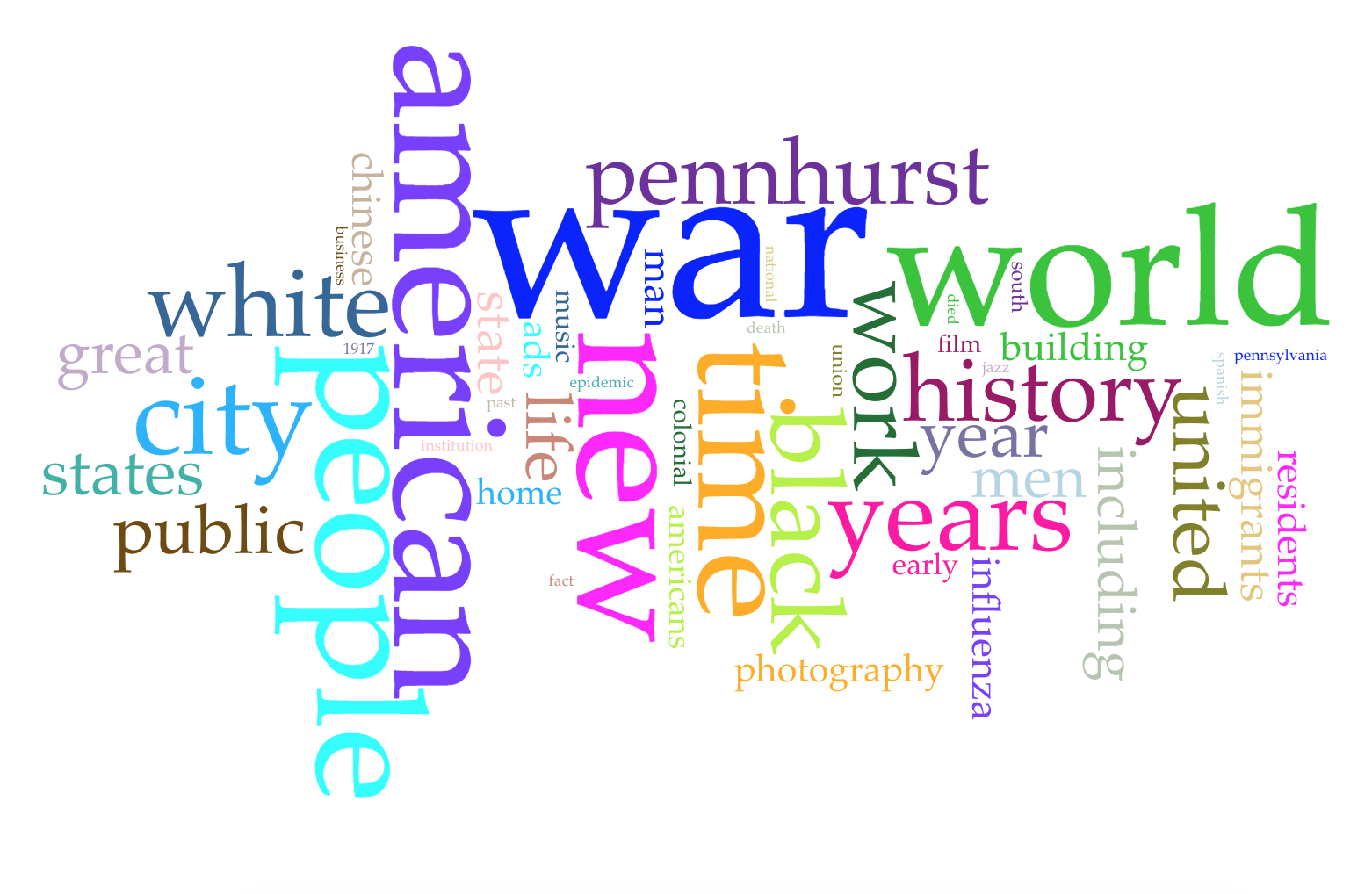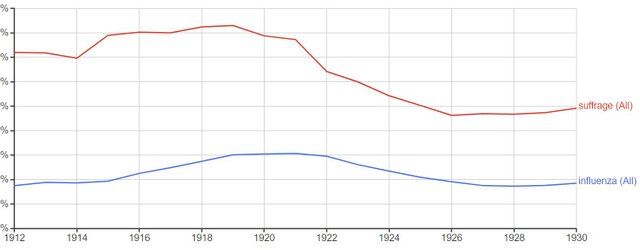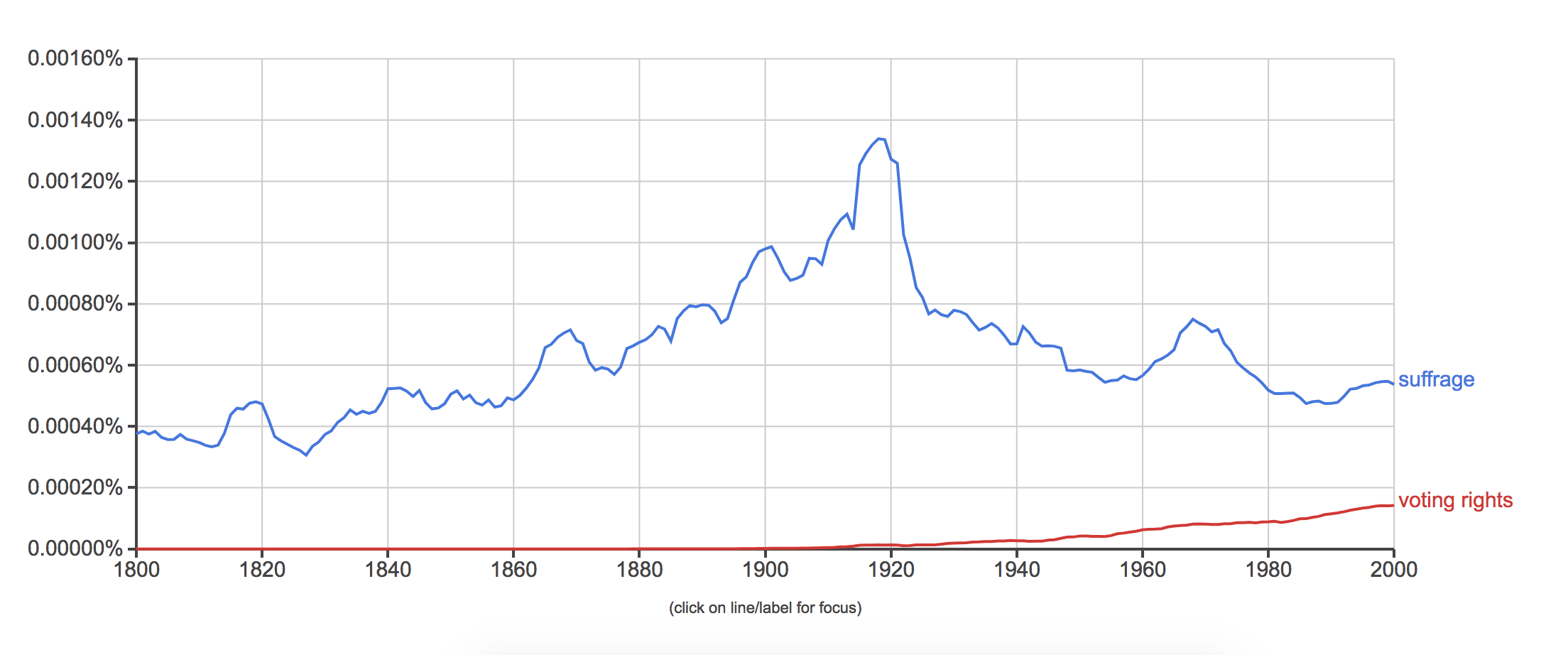How do we remember 1918?
On December 2, 1918, President Woodrow Wilson delivered his State of the Union address to a joint session of the 65th United States Congress. In his opening remarks, Wilson, the former history professor, commented on the significance of the current year.

President Woodrow Wilson, 1919 Wikimedia Commons
“The state of the Union has been so crowded with great events, great processes, and great results that I cannot hope to give you an adequate picture of its transactions…” He stated. “You have yourselves witnessed these things, as I have. It is too soon to assess them; and we who stand in the midst of them and are part of them are less qualified than men [@womenalsoknowhistory] of another generation will be to say what they mean, or even what they have been.”
Well, luckily for the 28th President of the United States, fifteen students from the @phillyhistory initiative have been researching and writing specifically about the dynamic year of 1918. One hundred years later how do we remember 1918? Well, in an attempt to answer that question, I’ve assembled fifty-five blog posts (nearly 26,000 words!) by fifteen students and ran a quick textual analysis using Voyant. I eliminated filler words from the corpus (like, it’s, just, etc.) and removed the two most popular phrases ‘Philadelphia’ and ‘1918.’ Here are those results visually! Here are those results numerically!
 Most popular phrases used by @phillyhistory students to #explore1918.
Most popular phrases used by @phillyhistory students to #explore1918.
These results reveal more about our current research interests than the actual year 1918. Many of our blog posts discussed race relations, and we used the term “Black” and “White” forty-four and forty-one times respectively. In his State of the Union Addresses, President Wilson made no mention of such matters. It’s interesting to see how openly we discuss race 100 years later.
Wilson did, however, reference the undeniable role women played during the war effort and hinted at his support for universal suffrage. But note his wording. He believed that men should grant women the right (how nice of him...).
“The least tribute we can pay them is to make them the equals of men in political rights as they have proved themselves their equals in every field of practical work they have entered, whether for themselves or for their country.”
Interestingly enough, terms like “women,” “female” or “suffrage” are not popular phrases in our blog posts. A few of us talked about women-related issues, just not suffrage and/or political rights. Why do you think that is?
The president also devoted much of his speech discussing the approaching Paris Peace Conference. This would be the first time a United States President visited Europe--a really big deal! Some of our most popular phrases were “American” and “world,” but it’s interesting to recall that during this time, the United States was very reluctant to assert itself on the world stage.
For this #explore1918 post, I wanted to compare our blogs with a combination of speeches and other texts from 1918. I had trouble finding accessible materials from that year that can be OCR’d. Can you uncover other texts from 1918 that reflect on that year? What are some apolitical sources we should consult? What are the obvious drawbacks only using text and speeches? Let me know what you think!
100% of the SBD rewards from this #explore1918 post will support the Philadelphia History Initiative @phillyhistory. This crypto-experiment conducted by graduate courses at Temple University's Center for Public History and MLA Program, is exploring history and empowering education. Click here to learn more.
John, this is very cool and I'm glad you're thinking of these posts as a corpus! "The woman question" intrigues me, and just to see what would happen, I eliminated some of your stopwords and got the following frequency stats: 'Her' appears (51) times; 'she' (34); 'woman' (6); 'women' (17); 'his' (161); 'he' (92); 'him' (24); 'man' (101); 'men' (46). [Note: some of these terms included asterisks as wildcard operators, but Steemit markdown won't allow me to include them easily]
I know that these words are usually left out for good reason, but I also think that in this case they reveal that posts about women, though occurring a lot less frequently than posts about men or just people in general, may not explicitly use the word "woman." For example, I wrote a whole heck of a lot (sorry, not sorry) about Edith Wharton without describing her as "female" or "a woman." I actually think that may be a good thing, if it reveals our unintentional bias (or lack thereof).
Whoa! Thanks for expanding this Cynthia--super useful additions! I agree, we seem less concerned about gendering our subjects, which exposes a whole lot about us. I’m just surprised by the few (if any) direct mentions of women’s suffrage. Was WW1 not a watershed moment for the suffrage movement? I think it’s interesting to see President Wilson directly mention this in his SOTU but little mention by us 100 years later.
Agreed, it is kind of befuddling, especially in hindsight that women will get the franchise within a couple of years. Anecdotally (because I don't have the sources to back it up in front of me), I think that suffrage was an issue put on the back burner during the war because it would look selfish to push an agenda like that in wartime. Maybe I'll write about it :) Wanna collab?
I think it would be interesting to look individually at each of these examples, to examine in what contexts we're writing about men in more explicitly gendered terms than women.
Oh wow, this is a great idea! I'm surprised "flu" or "influenza" didn't come up in the word cloud.
Thanks Joy! Actually, “Influenza” appeared 24 times (located below “years” in the word cloud above). But I know exactly what you mean. You would think that our location in the city most impacted by the flu and previous class projects we’d mention the topic much more often.
I love this!! What a great idea, and I love how you compare it to President Wilson's speech.
I agree it would be interesting to see how your analysis would change based on different resources -- my immediate thought is a newspaper, but I've also had trouble OCR-ing them. My other thought would be diaries, but I'm not sure how well those would act as a broad overview similar to the SOTU...
Thanks Charlie! That was my original goal--gather about 3 or 5 different sources that reflected on the entire year. I also considered using random front cover newspaper articles. Do we discuss the same topics? If so, do we use the same vocabulary?
Thanks for this post John. I think the Wilson presidency is a vital period for historians to consider. It is interesting, if unsurprising, that he was so focused on his journey to Europe. Discussion about President Wilson can go in many directions and his time in Europe seems less often discussed than his domestic policies in historical conversations about Wilson.
Yes, a good idea that could be made even more revealing. The rise and fall of certain terms and ideas in original sources is interesting, too - especially steep changes. For instance, check this measure of "suffrage" (in red) and "influenza" (in blue) out from Google Ngram

That’s a really interesting observation. Although the term “suffrage” remains more popular, you see the phrase “voting rights” gain more traction.
